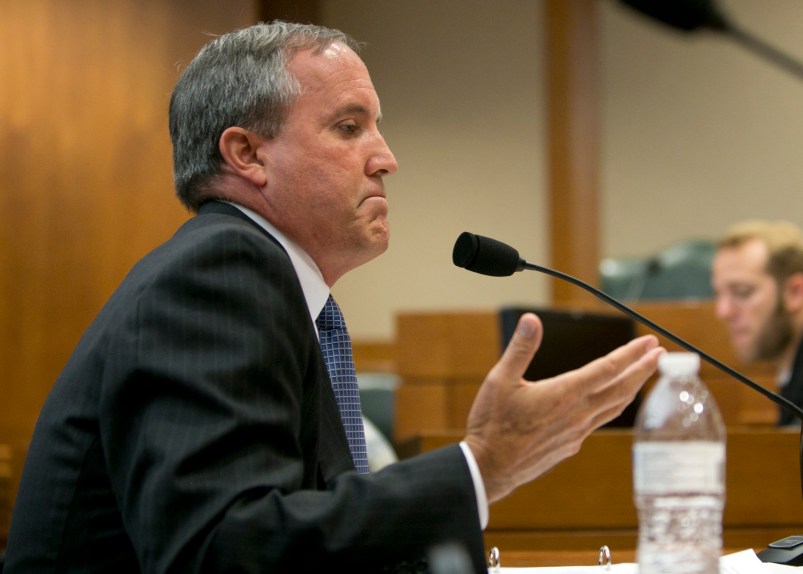Nothing hits a middle class family harder or faster than the loss of income. In last night’s seminar on the middle class, Yale political scientist Jacob Hacker showed that over the past generation incomes have become more volatile—specifically, that the odds of a family facing a drop of 20% or more in their annual income has more than doubled since the 1970s.
The impact of Hacker’s data doesn’t stop there. The more tightly budgeted the family, the more devastating the effects of a loss in income. The data I developed for The Two-Income Trap show that in the early 1970s, a typical middle class family committed about half of its income to pay the big fixed expenses–mortgage, health insurance, transportation, child care and taxes. By comparison, today’s two-income family commits three-quarters of their income to meet these basic expenses. This means that today’s family has less flexibility at exactly the same moment that Hacker shows they are more than twice as likely to hit a serious income disruption. In effect, the boats have become less seaworthy just as the seas have become stormier.
Without every penny of their regular incomes, many families quickly turn to debt to try to make ends meet, starting a cycle that will plunge some of them into economic freefall. We talk about the run up in consumer debt over the past generation as if it had all been spent on Gameboys and high-priced sneakers. But the income volatility data combined with the high fixed expenses data suggest that some of that increase in debt may have been a strategy for coping with job losses.
Not only is it harder to survive a period of income loss when the family budget is more highly leveraged, it is also harder to recover once the wage earner is back in the workforce. A budget that is committed to fixed expenses has less room for cutting back to pay off any expenses run up during the period of unemployment. As a result, debt repayment takes longer and more income is drained off to make interest payments. Of course, this multiplies the bad effects of the income disruption.
Experts typically specialize in only one area—college, employment, housing, credit. The experts may worry about economic changes one at a time, but families don’t experience them that way. They live through all of them, and sometimes one piece of bad news makes another piece of bad news worse.
Many families might survive an episode of lost income. Or they might survive a more highly leveraged budget that leaves them tied to much bigger fixed expenses. But the combination is deadly for a growing number of middle class families.








